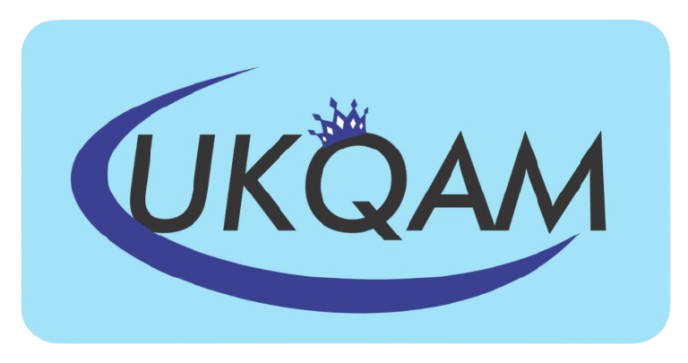
ISO 26000:2010 Lead Auditor training programs related to social responsibility and sustainability that can be valuable for individuals and organizations seeking to implement ISO 26000 principles and best practices.
Individuals who undergo ISO 26000-related training gain a deeper understanding of social responsibility principles, enabling them to make more informed decisions and implement best practices.
Organizations that embrace ISO 26000 principles and practices are likely to build trust and credibility with stakeholders, including customers, employees, investors, and the community.
Demonstrating a commitment to social responsibility can improve an organization’s reputation and brand image, which can lead to increased customer loyalty and a positive public perception.
Training helps organizations integrate social responsibility and sustainability into their business strategies, promoting long-term viability and competitiveness.
: Implementing ISO 26000 principles can help organizations comply with relevant regulations, manage social and environmental risks, and avoid legal and ethical pitfalls.
By considering social responsibility, organizations can optimize their resource use, reduce waste, and enhance efficiency.
Employees often feel more motivated and engaged when working for organizations that prioritize social responsibility, which can lead to improved productivity and retention.
A focus on social responsibility can drive innovation in product development, services, and business processes, creating a competitive advantage.
Some customers and partners may require or prefer to work with organizations that embrace social responsibility, opening doors to new market opportunities.
Ultimately, ISO 26000-related training and initiatives help organizations contribute positively to society and the environment, addressing pressing global issues.
Have a question or just want to say hi? We’d love to hear from you.
